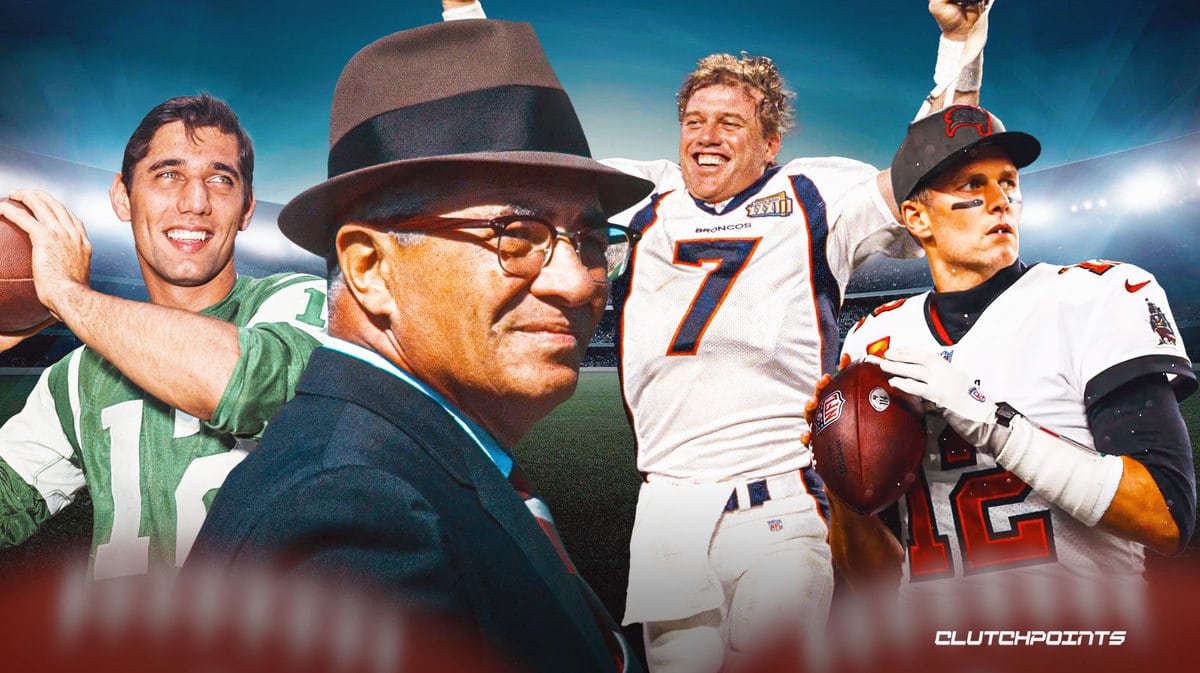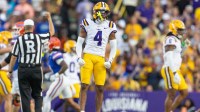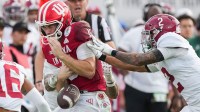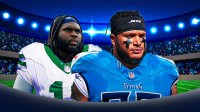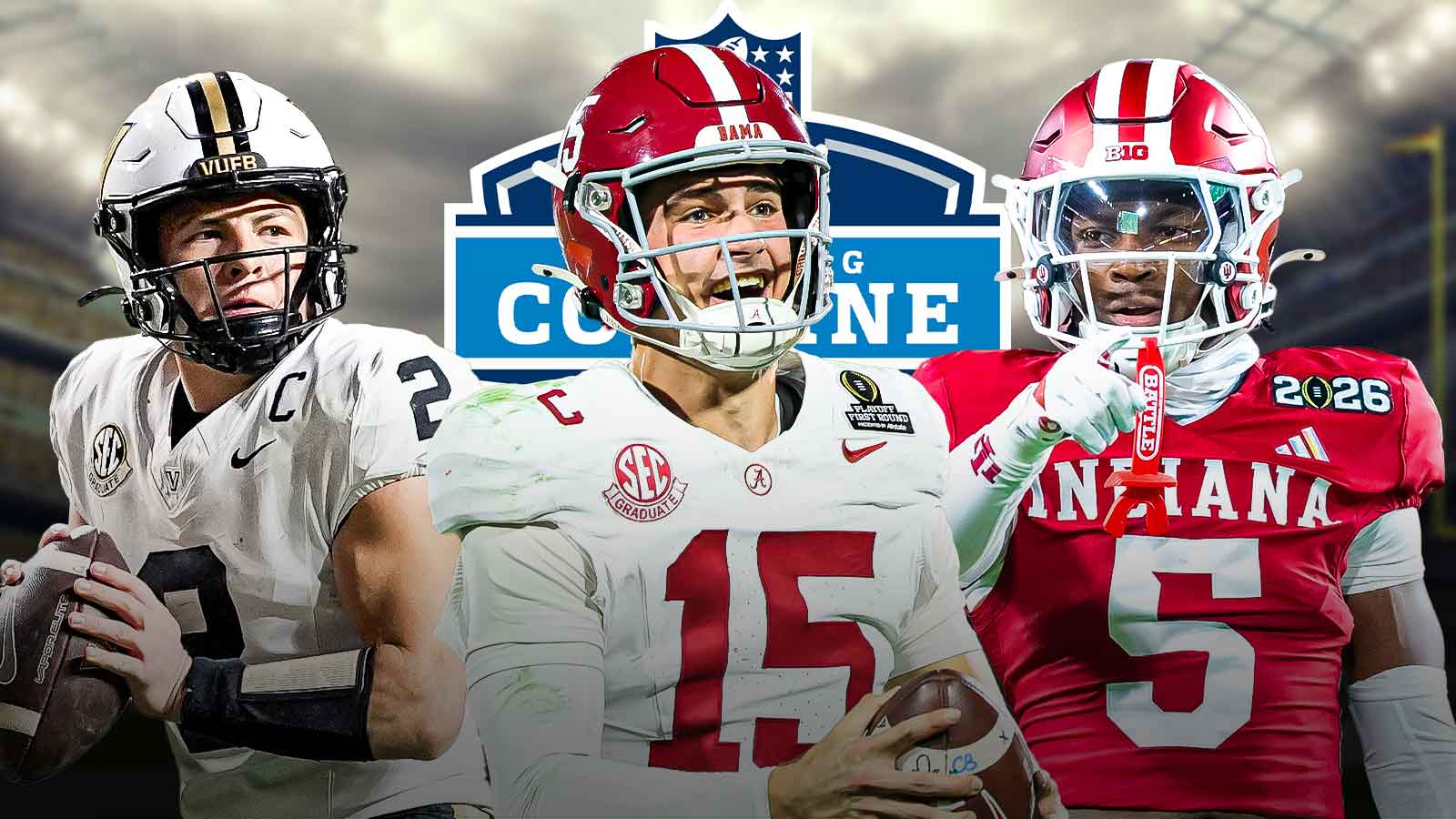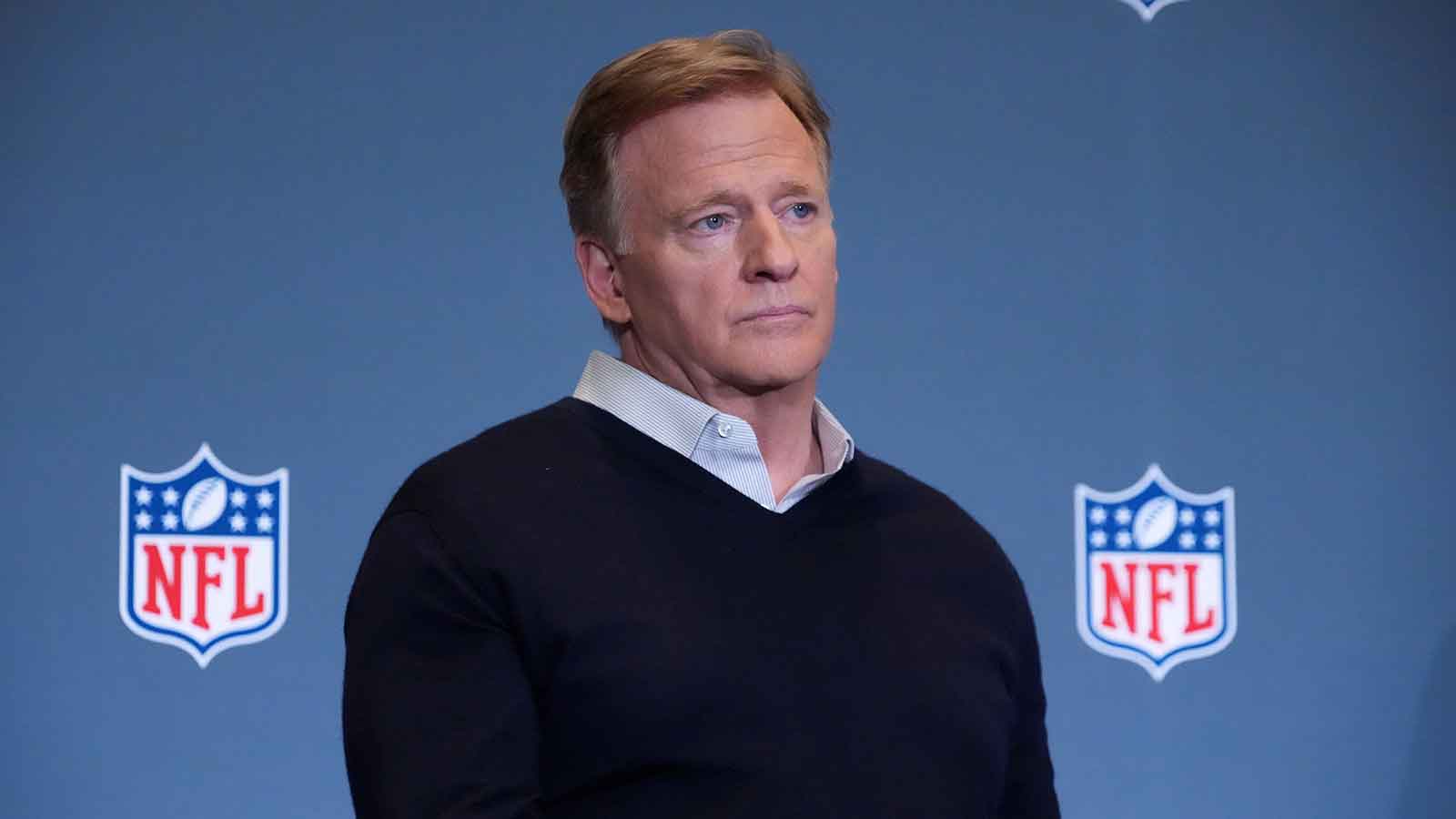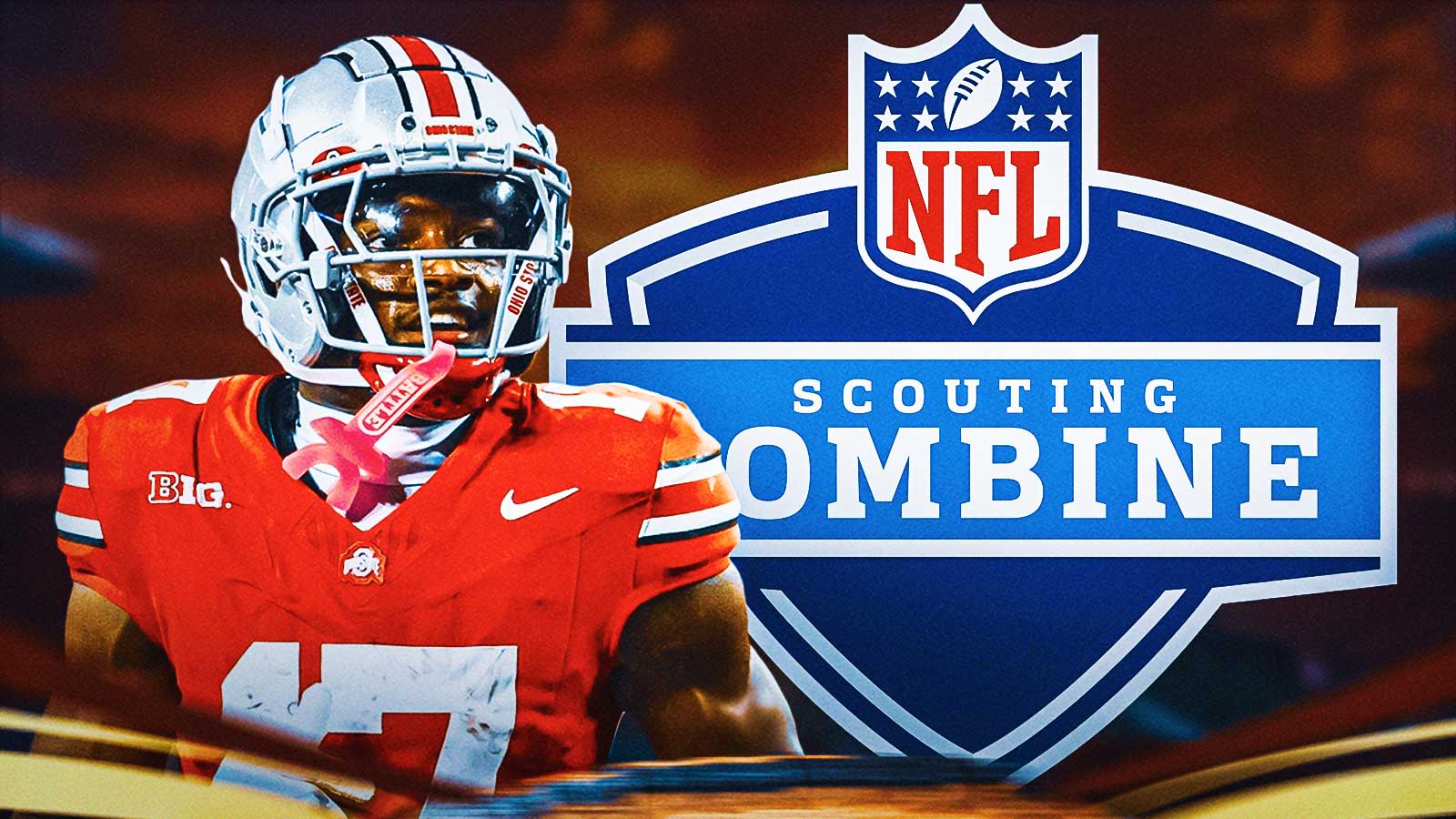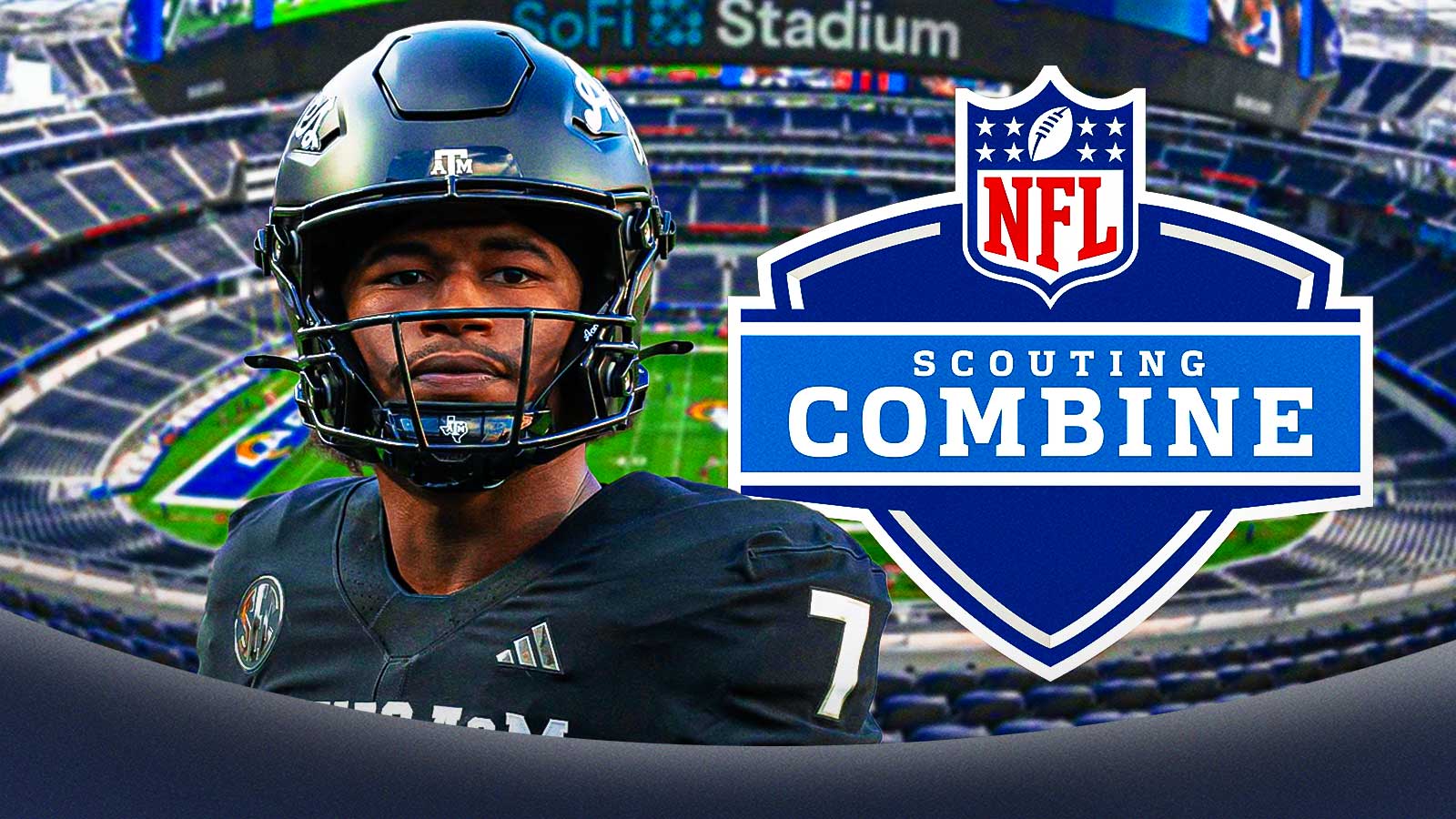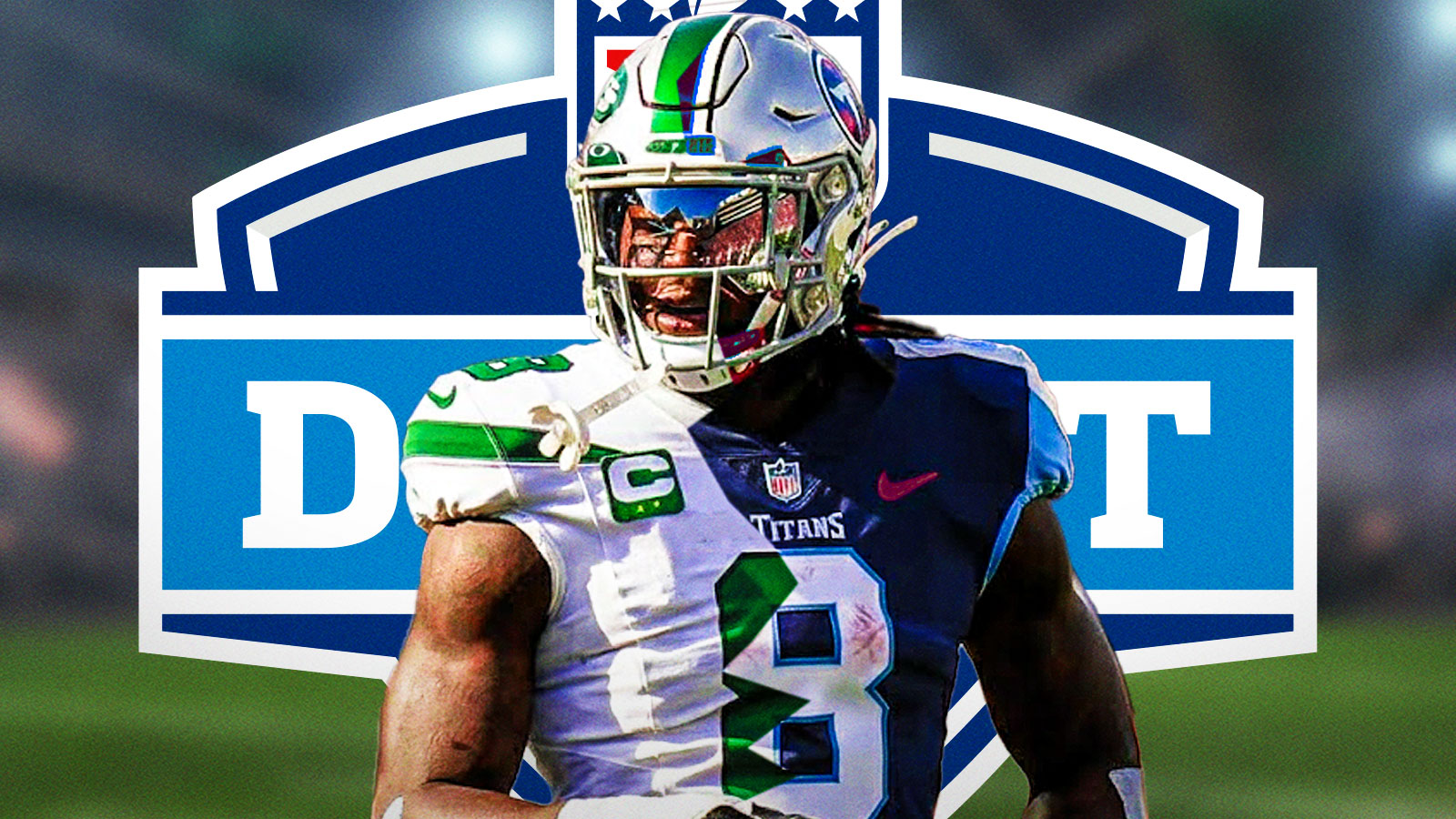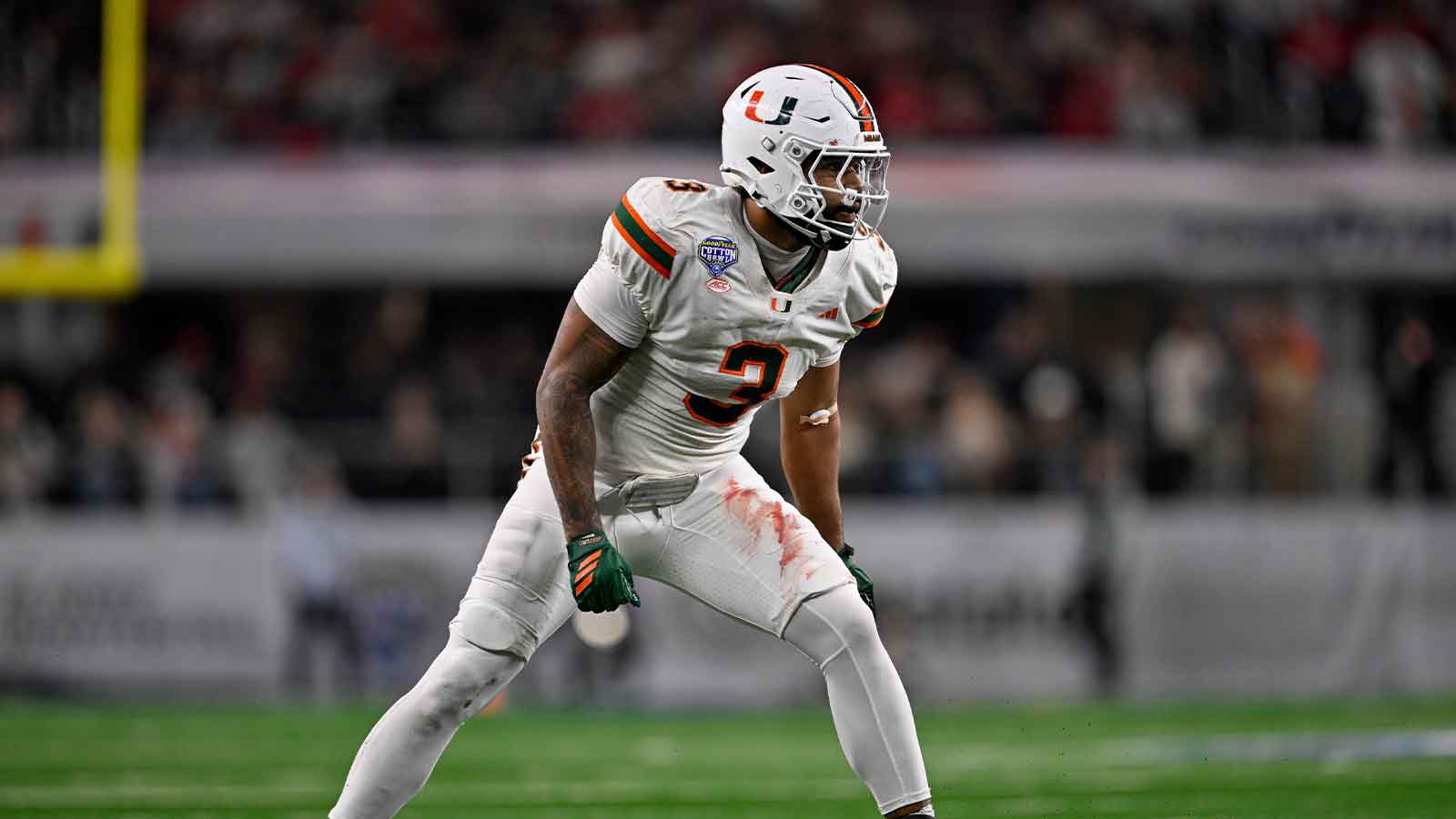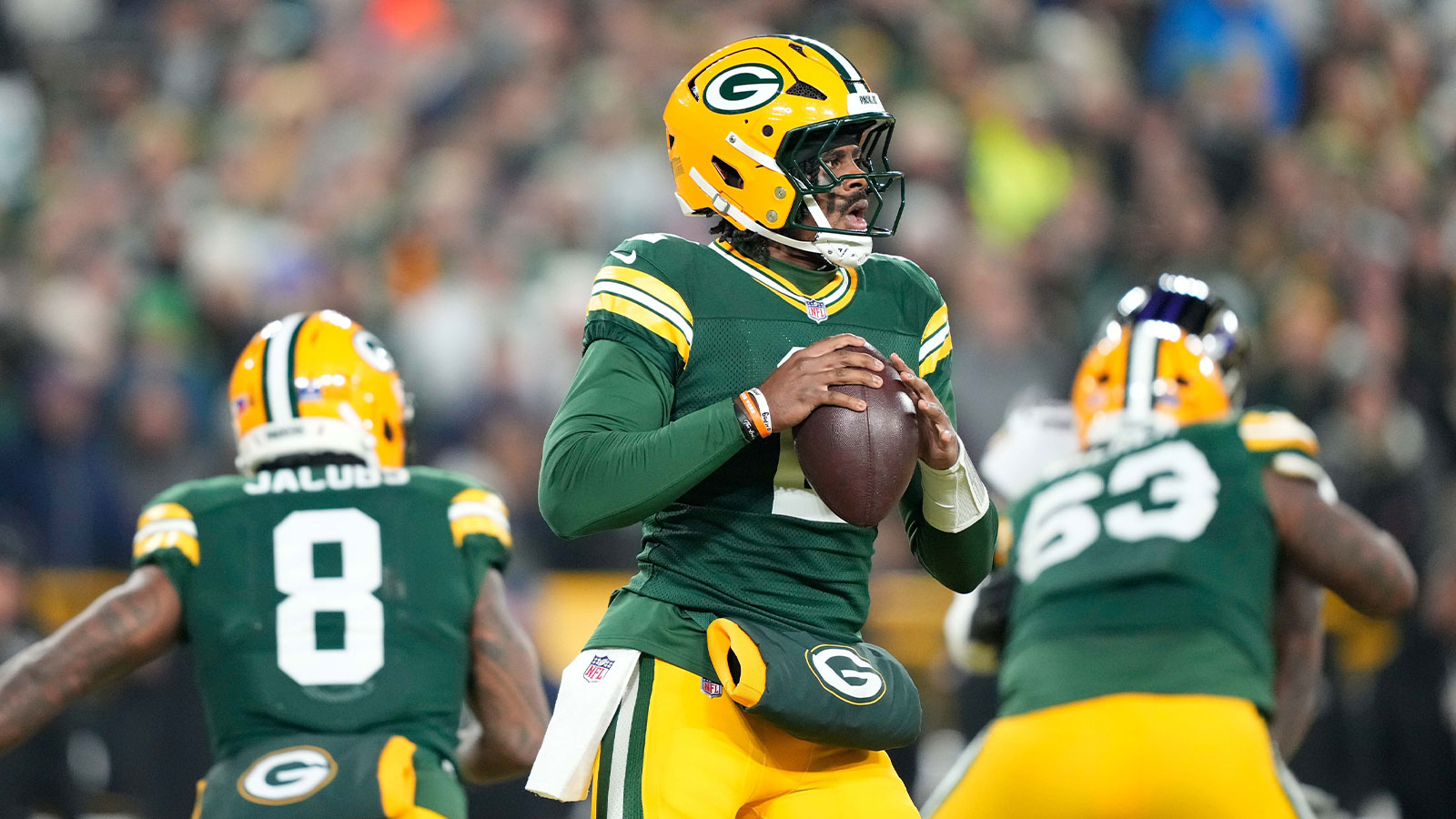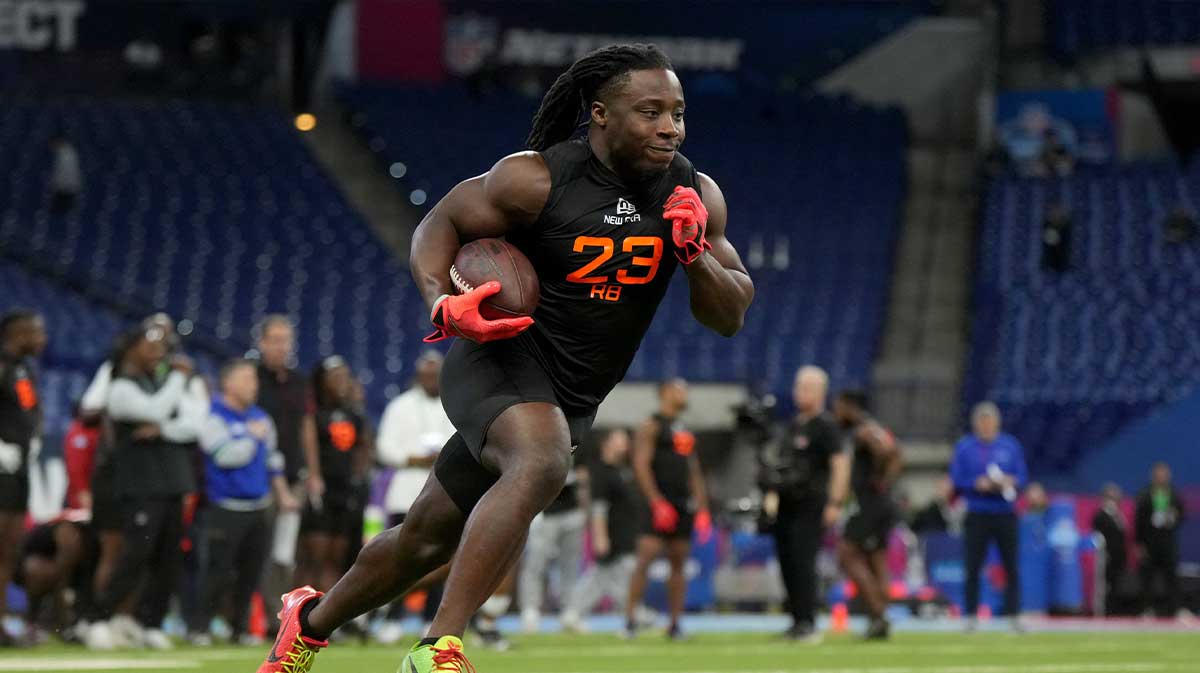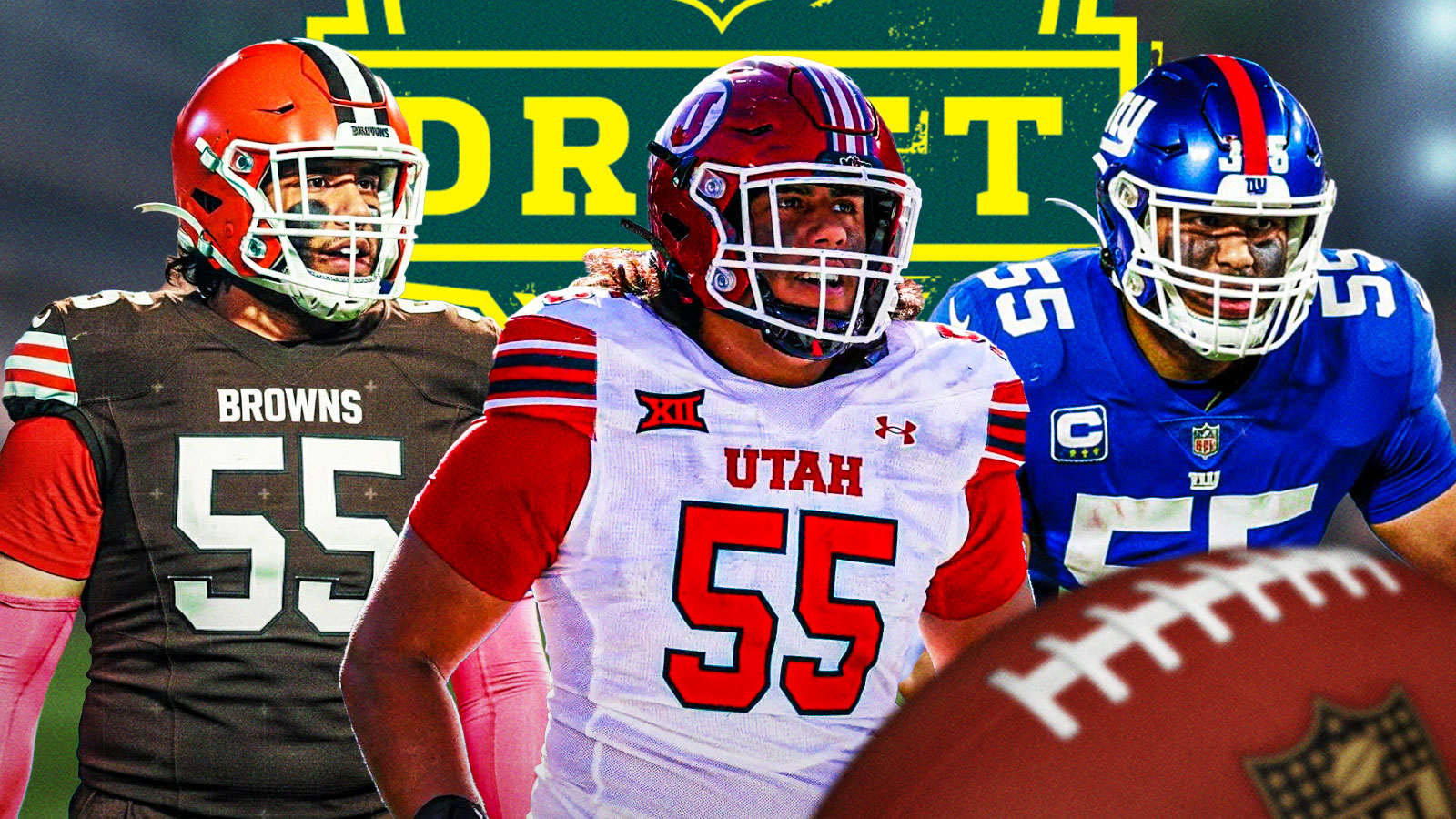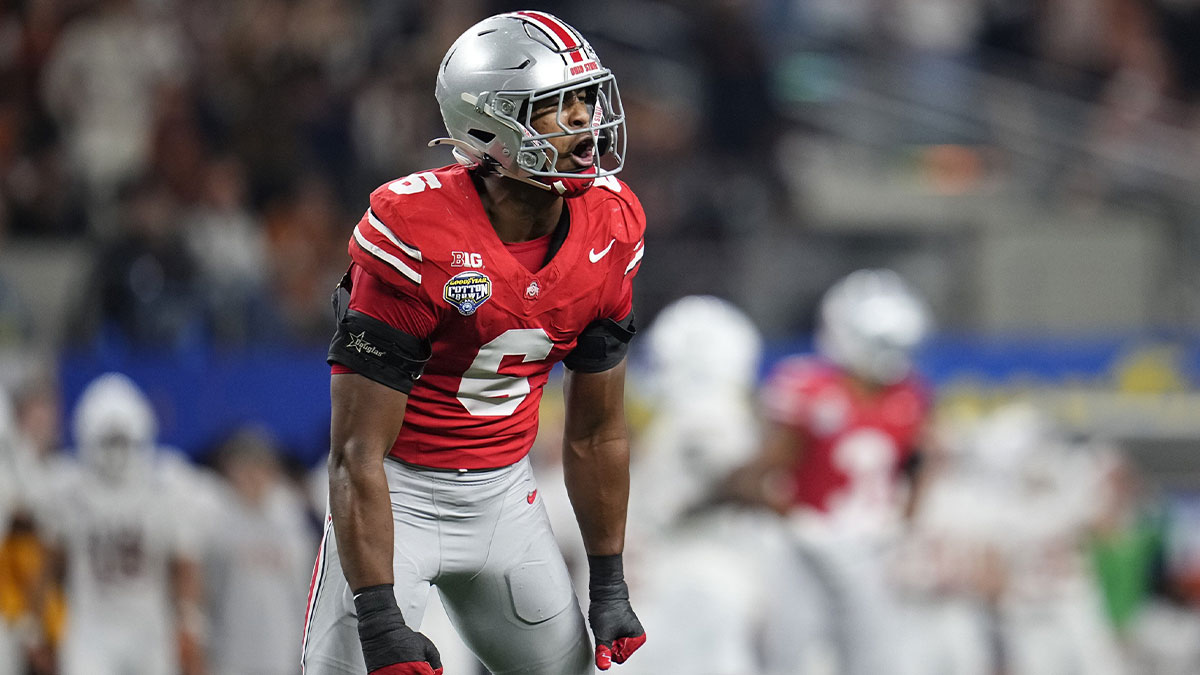The Kansas City Chiefs and the Philadelphia Eagles are preparing to play Super Bowl LVII in Glendale, Arizona Sunday. It is the biggest event on the North American sports calendar every year, and there is no reason to think that this year's event will fall short.
The Super Bowl came into existence as the AFL-NFL World Championship Game at the conclusion of the 1966 season. The first game between the champion of the American Football League and the National Football League was the result of a merger that was designed to end a costly financial battle between the two leagues.
In this piece we look at the 8 most significant and memorable games in the history of the Super Bowl.
Super Bowl I, Green Bay 35, Kansas City 10
Legendary head coach Vince Lombardi was under significant pressure prior to taking his Packers to Los Angeles where they were meeting the AFL champion Chiefs. The NFL was the established league, and the thought that the Packers might lose to the Chiefs was embarrassing and terrifying to NFL owners.
Lombardi received communications from old-school NFL owners like Wellington Mara of the New York Giants and George Halas of the Bears asking him to uphold the honor of the NFL. Despite his amazing record, a loss in this game would have diminished Lombardi's resume.
The Chiefs were an excellent team, coached by Hank Stram and led by quarterback Len Dawson, and they stayed close to the Packers in the first half. However, quarterback Bart Starr and the Packers took charge in the second half and the Packers put the game away and claimed the first AFL-NFL title game.
It was a relief to Lombardi, who fired a postgame shot at the AFL by saying there were several NFL teams better than the Chiefs.
Super Bowl III, New York Jets 16, Baltimore Colts 7
After the Packers had overwhelmed the first two AFL representatives in the Super Bowl, Super Bowl III was expected to be more of the same.
The Colts were a powerful team with a defense led by Bubba Smith and a well-rounded offense. The Jets were led by the charismatic Joe Namath and an opportunistic defense, but the Colts were 18-point favorites and most thought Baltimore would win easily.
Namath offered a pregame guarantee that the Jets would upset the Colts, and most thought he had taken leave of his senses. While few thought he could make good on his promise, Namath was able to dissect the Baltimore defense and dictate the pace of the game.
The Jets broke out on top when running back Matt Snell scored the game's only touchdown, and the New York defense shut down the Colts high-powered offense.
The Jets pulled off the biggest upset in the history of the game with a 16-7 victory.
Super Bowl IV, Kansas City 23, Minnesota 7
The Jets brought the AFL credibility with their upset of the Colts, but the NFL expected to get revenge with the Minnesota Vikings.
Bud Grant's Vikings boasted a defense known as the Purple People Eaters that featured a relentless group of pass rushers that included Alan Page, Carl Eller and Jim Marshall. Hard-nosed quarterback Joe Kapp drove the offense, and his machismo was expected to dominate Kansas City.
But the Chiefs were bound and determined to show that the Jets' victory the year before was no fluke. Dawson, Stram and running back Mike Garrett were able to jump out in front of the Vikings, and the Kansas City defense punished Kapp from start to finish.
This was the last game between the AFL and NFL, and the Kansas City victory evened the Super Bowl standings at 2-2. In the future, the Super Bowl would be played under the NFL banner, with the AFC champion meeting the NFC representative.
Super Bowl XX, Chicago 46, New England 10
The Bears returned to glory with Mike Ditka as a hard-driving head coach and a team of relentless rampaging its way through the league in 1985.
A Rick Gosselin poll of 225 former players, coaches, officials, writers, and broadcasters voted the Super Bowl XX champion 1985 Bears defense as the most dominant in the game’s history.
Tremendous D and graceful dance moves. These dudes were untouchable. https://t.co/xCMW1YBFnf pic.twitter.com/wXhcVALfn3
— Bleacher Nation Bears (@BN_Bears) January 30, 2023
The Bears came into the Super Bowl with just one regular-season loss and a swagger than no team could match. They had a pair of stars on offense in running back Walter Payton and quarterback Jim McMahon, but it was a ferocious defense that defined this team.
Chicago defensive coordinator Buddy Ryan preached a take-no-prisoners attitude and players like Dan Hampton, Steve McMichael, William “Refrigerator” Perry, Mike Singletary and Gary Fencik made opponents pay every week.
The Patriots represented the AFC after a series of upsets, but they were no match for the Bears. The devastating Chicago pass rush abused quarterbacks Tony Eason and Steve Grogan, and the competitive aspect of the game was over by halftime.
Super Bowl XXV, New York Giants 20, Buffalo Bills 19
The Bills were the most explosive team in the league and they earned a spot in the Super Bowl after dominating the Raiders 51-3 in the AFC title game. The Giants had upset the San Francisco 49ers, but had to play with backup quarterback Jeff Hostetler.
OTD 1991, Super Bowl XXV
~ "Wide Right" ~
The Dichotomy of a MomentOne of utter heartbreak for the #Bills, one of unbridled jubilation for the #Giants.
Want to see class, grace, courage? Check out Scott Norwood in "Four Falls of Buffalo". pic.twitter.com/f7f9hq4lDQ
— Kevin Gallagher (@KevG163) January 28, 2023
New York defensive coordinator Bill Belichick designed a game plan that helped the Giants slow down Buffalo's passing attack, and a long third quarter drive helped the Giants seize control of the game.
The game came down to Scott Norwood's 47-yard field goal attempt on the final play. The kick was wide right, and the Giants had a huge upset while the Bills were heartbroken.
Super Bowl XXXII, Denver 31, Green Bay 24
Going into this game, the NFC had won 13 straight Super Bowls, and the Packers were back to defend the title they had won the year before.
The @Broncos' Greatest Moment: Elway's Helicopter Run
To vote for this as the Greatest Moment in NFL History, go to https://t.co/7lKIkPlnlj. #NFL100 pic.twitter.com/w73V6wrauZ
— NFL (@NFL) January 2, 2020
Green Bay had a powerful offense led by strong-armed Brett Favre, but the Broncos were undaunted even though they had lost four previous Super Bowls. John Elway had been the losing quarterback in three of those games, and he was determined to come away with the upset.
The combination of Elway and running back Terrell Davis earned the Broncos a 4th-quarter lead, and the Denver defense clinched the win by shutting down the final Green Bay drive
Super Bowl XXVI, New England 20, St. Louis 17
The Patriots went on a memorable postseason run that produced victories over the Raiders and Steelers that allowed them to get to the Super Bowl.
On this date in 2002, Adam Vinatieri's game-winning FG gave Tom Brady and the Patriots their first Super Bowl. pic.twitter.com/c09dRarRU2
— NFL on ESPN (@ESPNNFL) February 3, 2016
However, they were not expected to have a chance against the Rams and “the greatest show on turf.” The high-powered attack led by quarterback Kurt Warner and his stellar receivers appeared to be too much for an inexperienced but plucky young quarterback in Tom Brady.
But instead of falling victim to St. Louis, New England came up with a great defensive gameplan designed by Bill Belichick. Brady proved to be ready for the moment, and he kept his cool on an end-of-game drive that culminated with Adam Vinatieri's game-winning 48-yard field goal.
A New England dynasty was born.
Super Bowl LIV, Kansas City 31, San Francisco 20
Great quarterbacks have put their signature on winning Super Bowl performances throughout Super Bowl history, and this game was more of the same.
The Chiefs had a magnificent leader in Patrick Mahomes, who displayed incredible arm talent along with playmaking creativity that had rarely been seen.
Nevertheless, the Chiefs trailed the 49ers 20-10 well past the midway point of the 4th quarter. That's when Mahomes took over, throwing 2 TD passes that gave Kansas City the lead and they added another touchdown that built the final margin.
Mahomes announced himself as a quarterback for the ages and Kansas City head coach Andy Reid had his first Super Bowl title.

